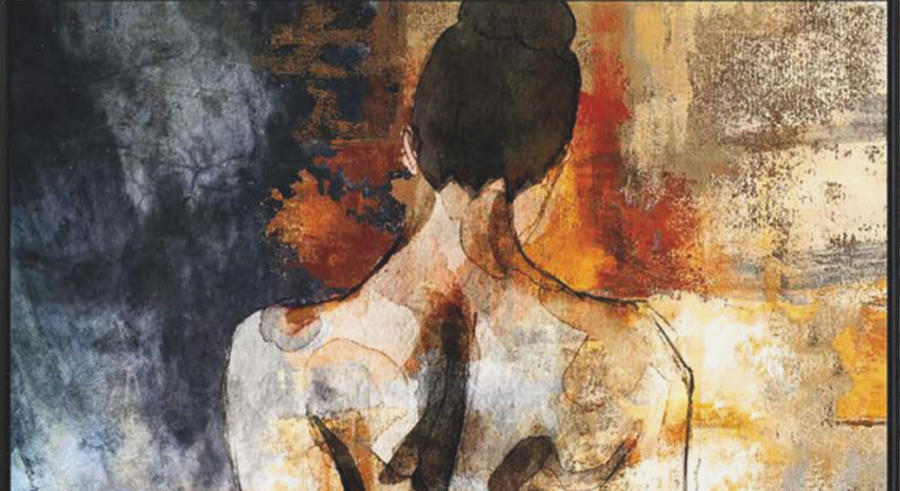Freedom and the political experience of the women in front of the crisis: the Italian feminism and their repercussions in the XXIst Century

In this very rich and fruitful momentum of the Italian feminism, where many topics of different political generations criss-cross and clash, obviously a theoretical and a practical reflection is essential, especially in order to face the crisis in politics, economy, labour and democracy, not just in Italy but throughout in Europe. What ‘s absolutely necessary today, is a transformation of the social and human fabric in order to change and to renew the prospect. Forty years have passed since our first national encounter in Paestum (1976); both national encounters organized in Paestum again in 2012 (by feminists born in the seventies: ‘Primum vivere’ even in the crisis. The needed revolution. The feminist challenge in the heart of politics) and in 2013 (‘Libera ergo sum’ The needed revolution. The feminist challenge in the heart of politics) brought to light the urgent need to meet again in order to understand together the new policies and to imagine new ways to practice them amidst the contradictions of our times. We don’t want at all to shape one compact ideology in a unique voice but quite to the contrary to collect the plural and manifold force of the voices that arise out of a common feeling and desire, in order to orient in a different direction the life of this country, knowing that only “incarnate” relations really give each singularity a chance in search of new politic practices.
The author
Chercheure à l’université l’Orientale de Naples et collaboratrice à l’université Federico II de Naples (Italie) au sein de la Chaire d’Histoire de la philosophie, Stefania Tarantino est titulaire de deux doctorats en philosophie, l’un intitulé La libertà in formazione. La comunicazione filosofica in Jeanne Hersch e in María Zambrano, obtenu à l’Université de Genève en 2007 et l’autre « Vivir desviviendose ». Personale e impersonale nel pensiero di Simone Weil e di María Zambrano, obtenu à l’Institut de sciences humaines, Naples/Florence, en 2011. Elle est professeure auprès de l’Institut italien pour les études philosophiques à Naples. Elle est l’auteure de plusieurs ouvrages et de nombreux articles, parmi lesquels récemment : Femminismo e Neoliberalismo. Libertà femminile versus imprenditoria di sé e precarietà, (sous la direction de), Natan, Benevento 2014 ; Άνευ μητρός/senza madre. L’anima perduta dell’Europa. Maria Zambrano e Simone Weil, Collana Diotima - Questioni di filosofia e politica, La Scuola di Pitagora, Naples 2014.
The text
Ce texte a été rédigé dans le cadre du séminaire « Genre, politique, sexualité(s). Orient / Occident » dirigé par Christiane Veauvy à la Fondation Maison des sciences de l’homme. Il a été présenté lors de la séance tenue le 29 janvier 2014. Le texte est accompagné d’une introduction par Christiane Veauvy et d’une introduction à la discussion par Stefania Ferrando. Stefania Tarantino a bénéficié d’un poste de DEA à la FMSH en octobre 2014.

Le coopérisme

De la rue à la mairie

Les refus de la maternité


